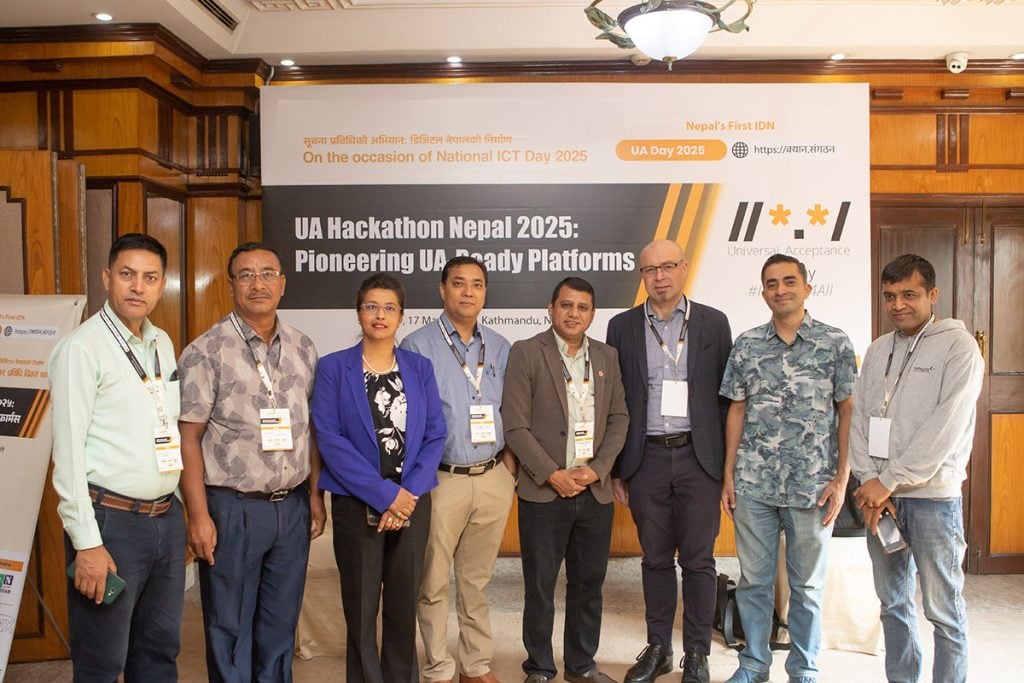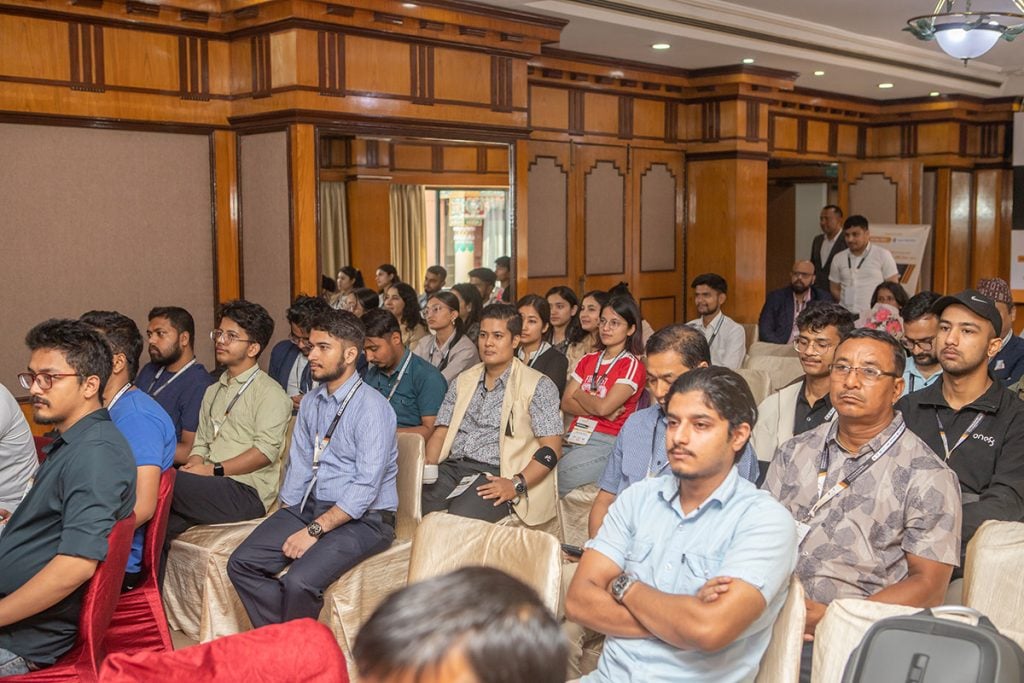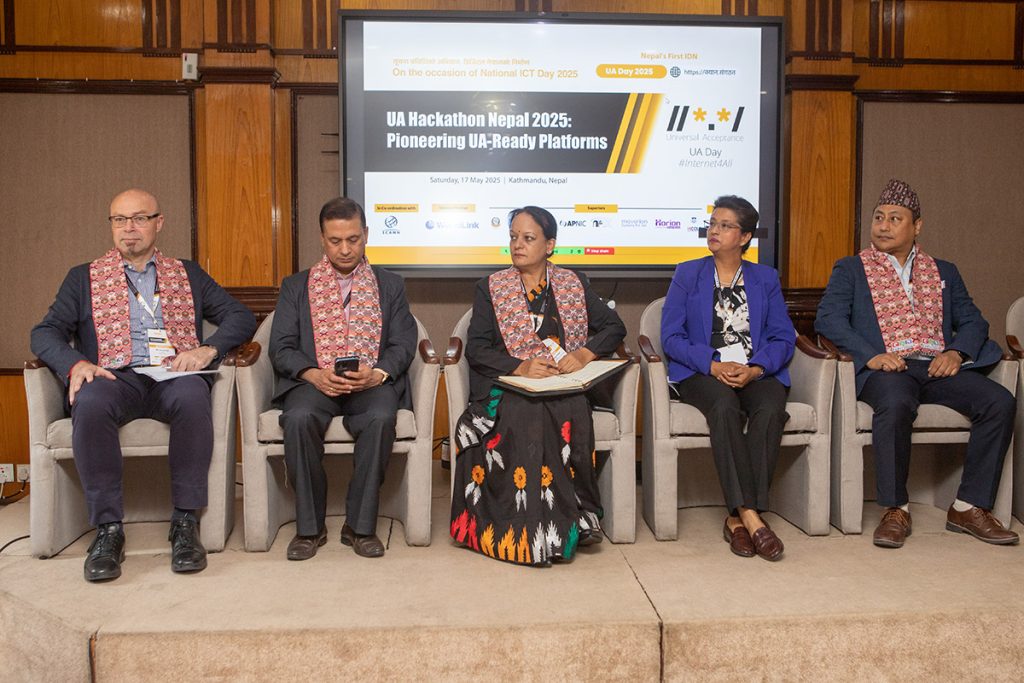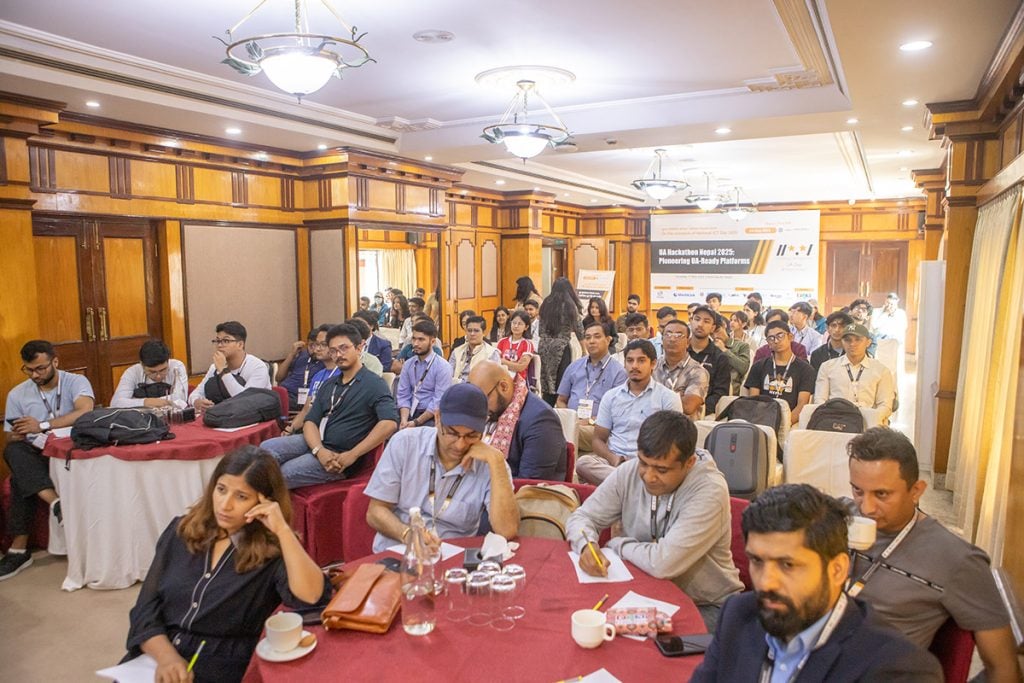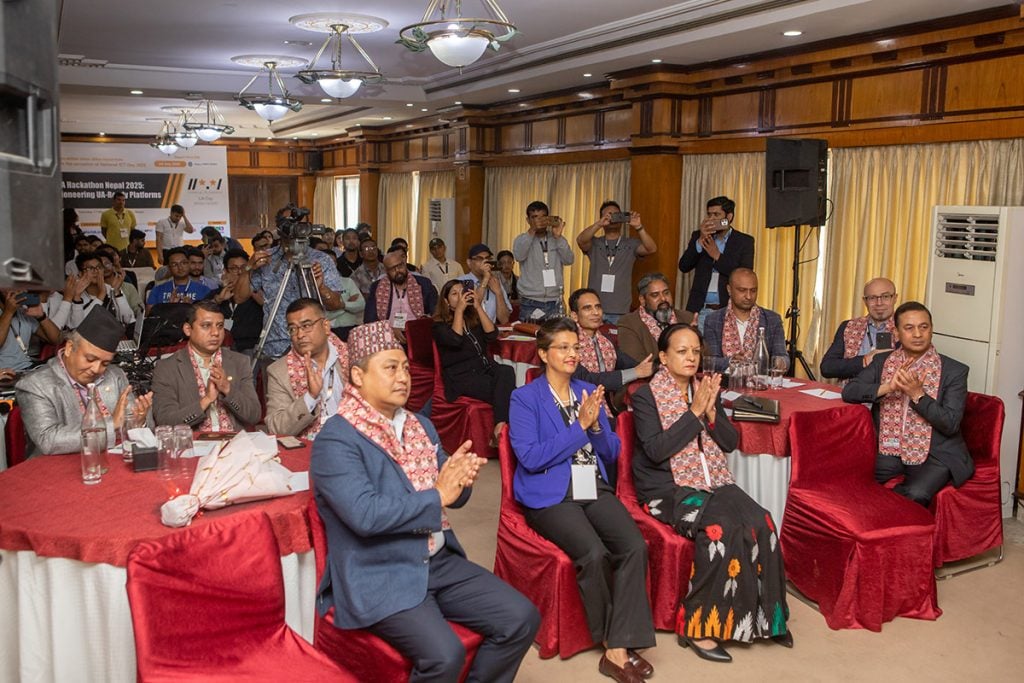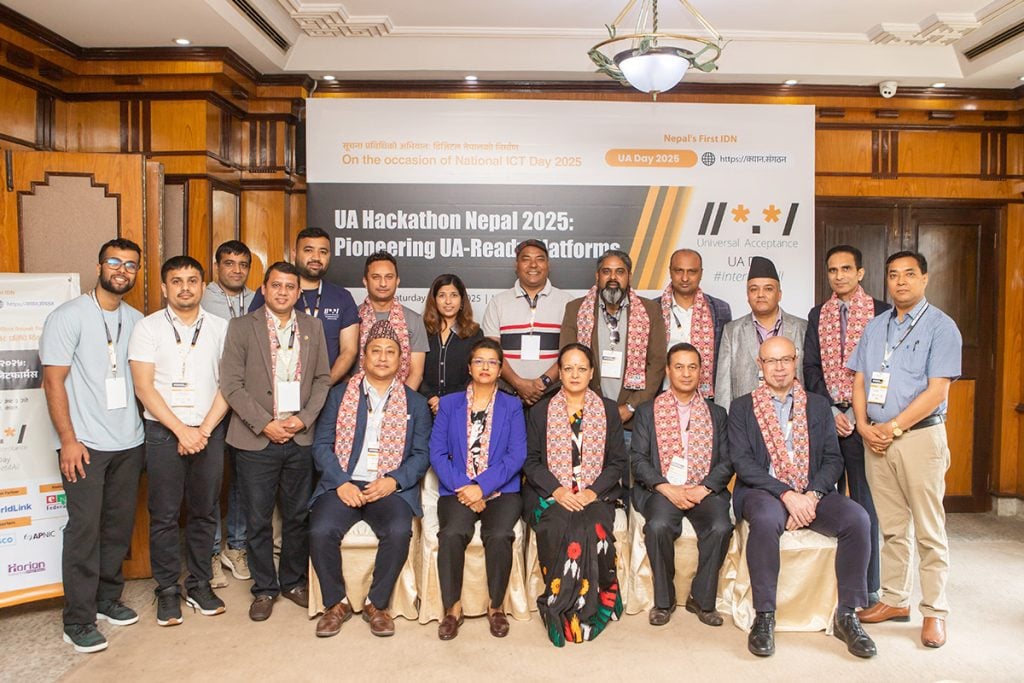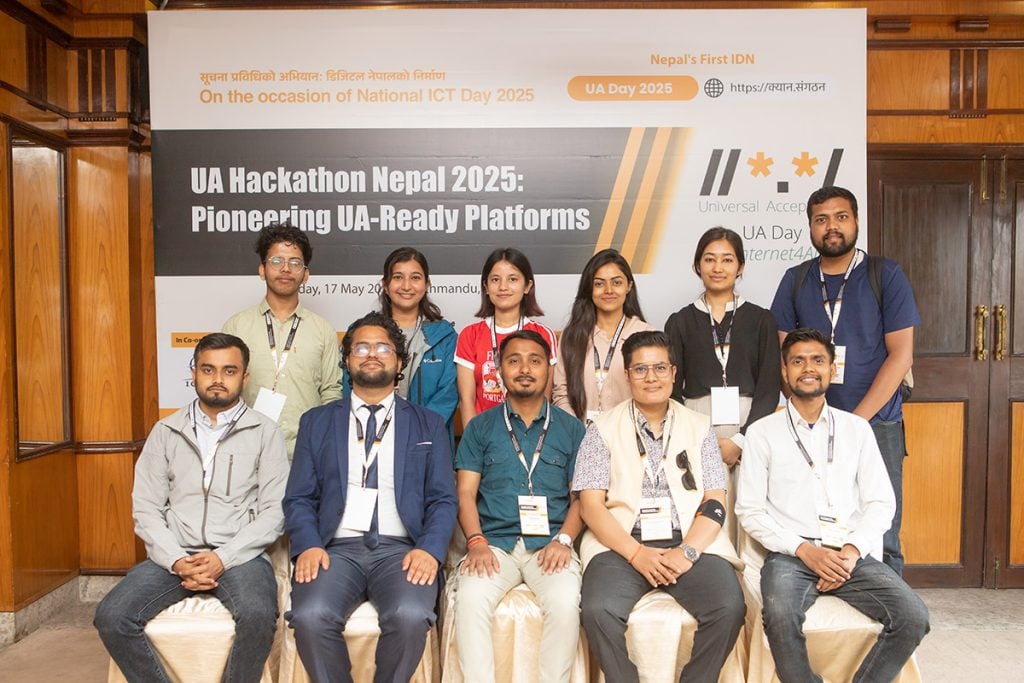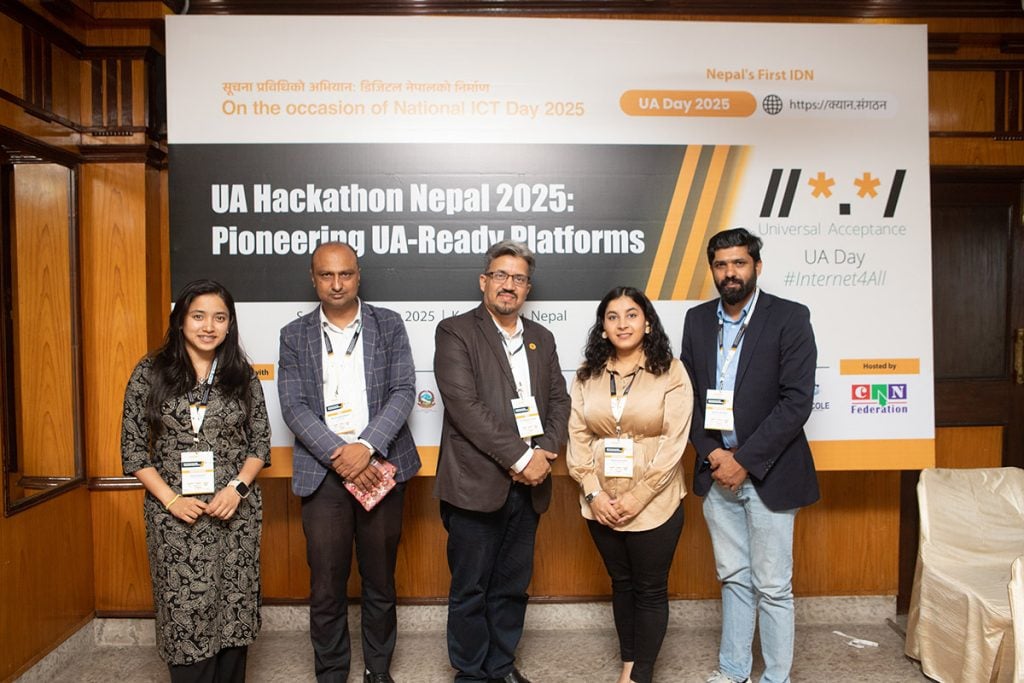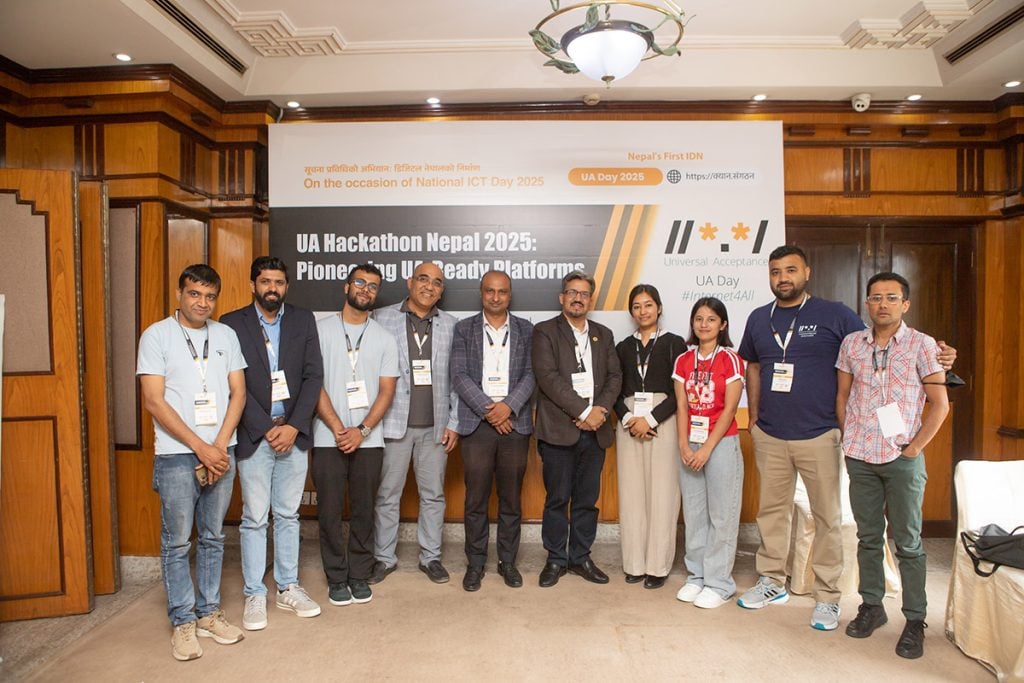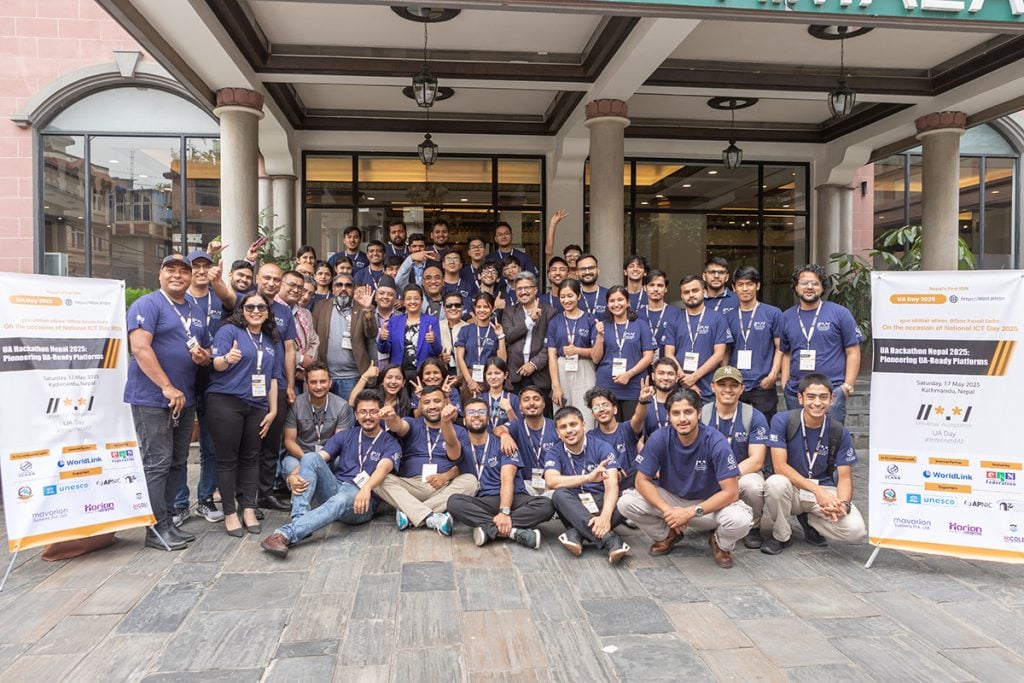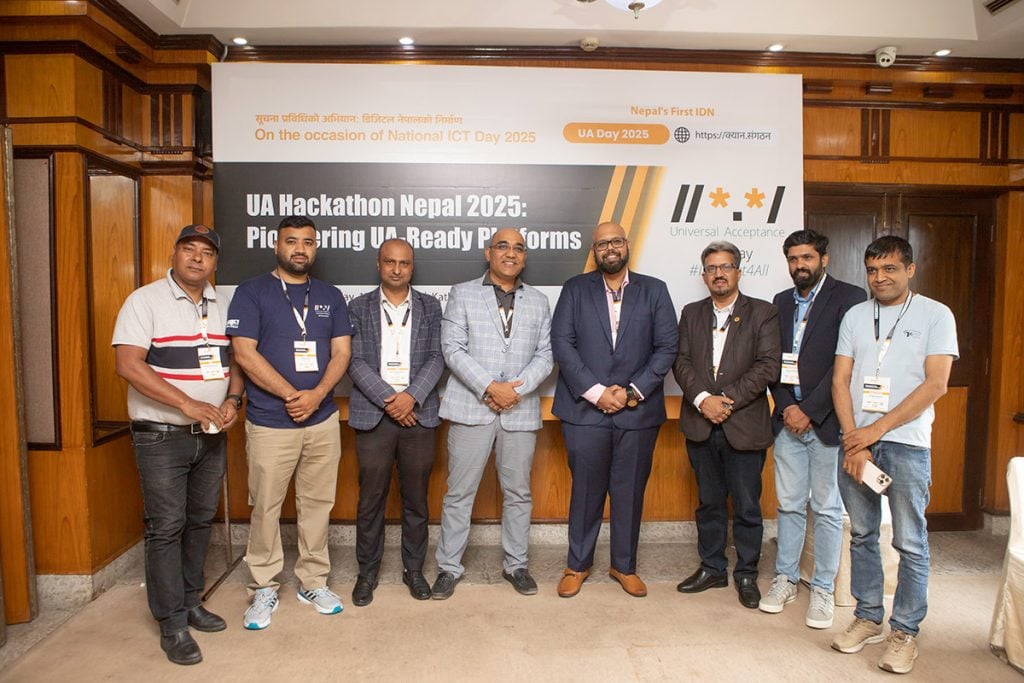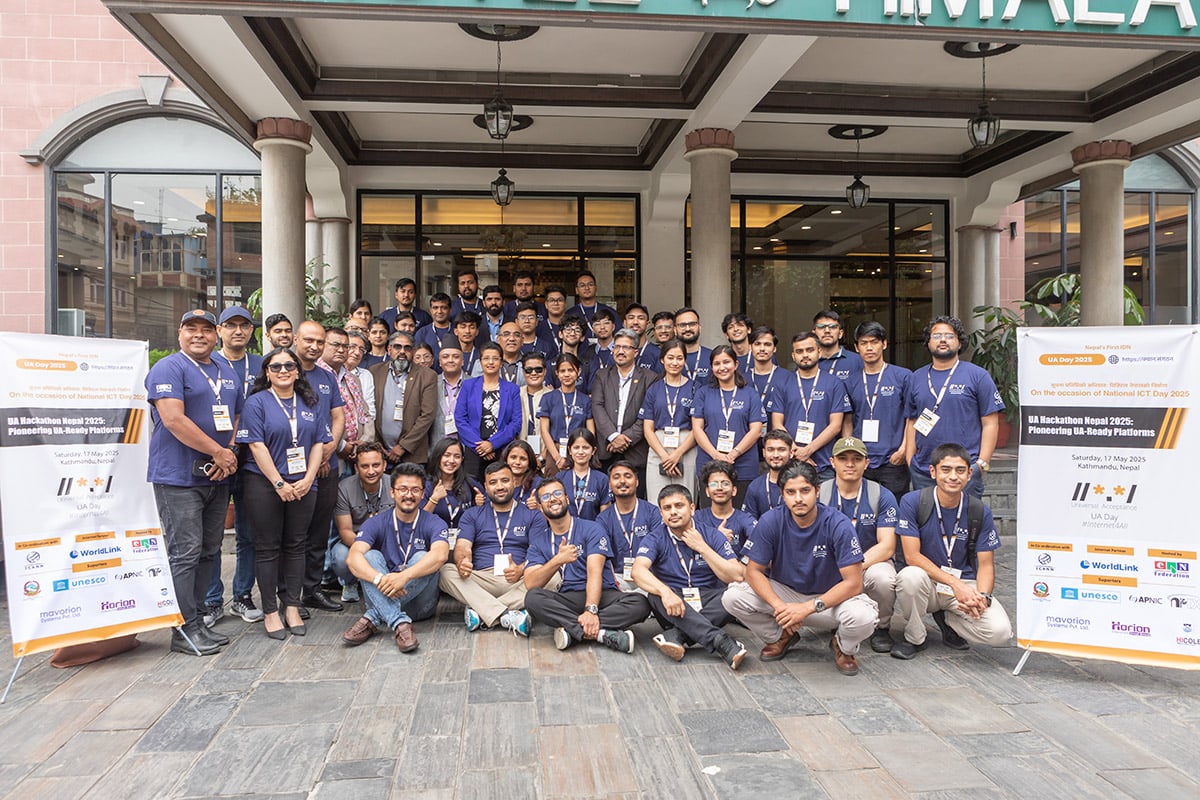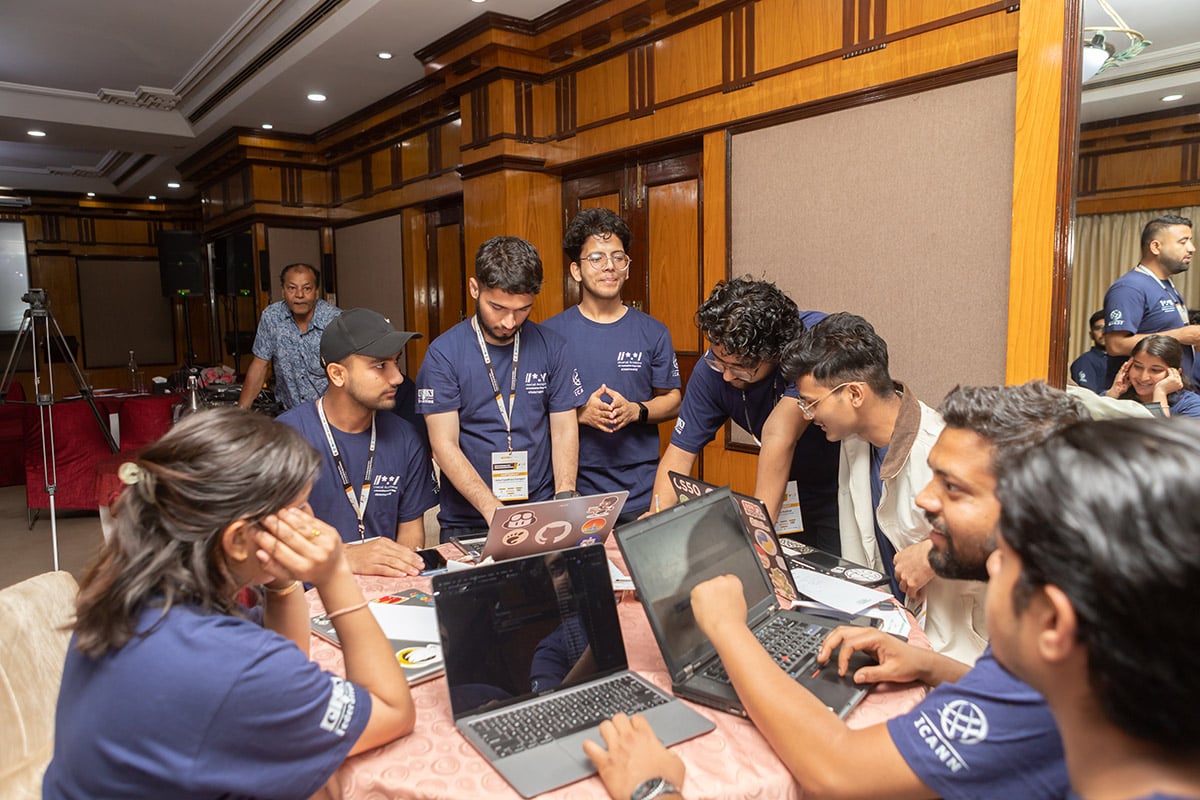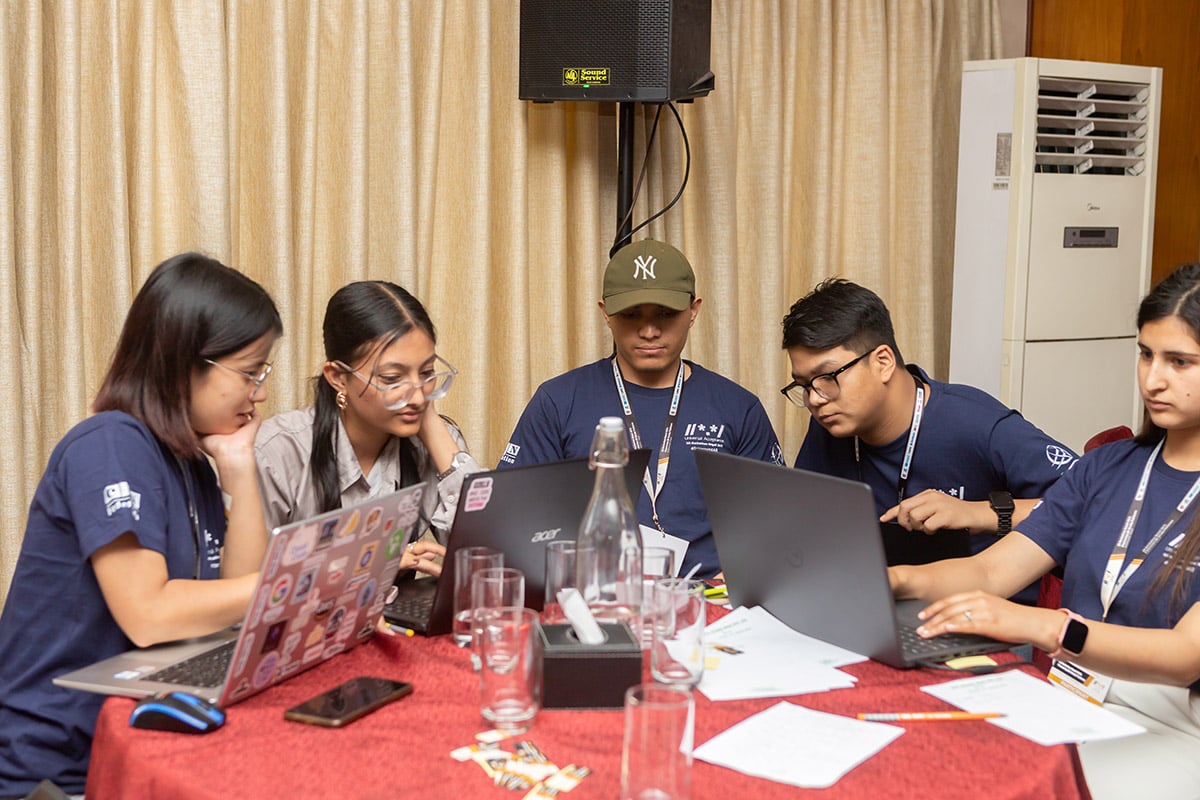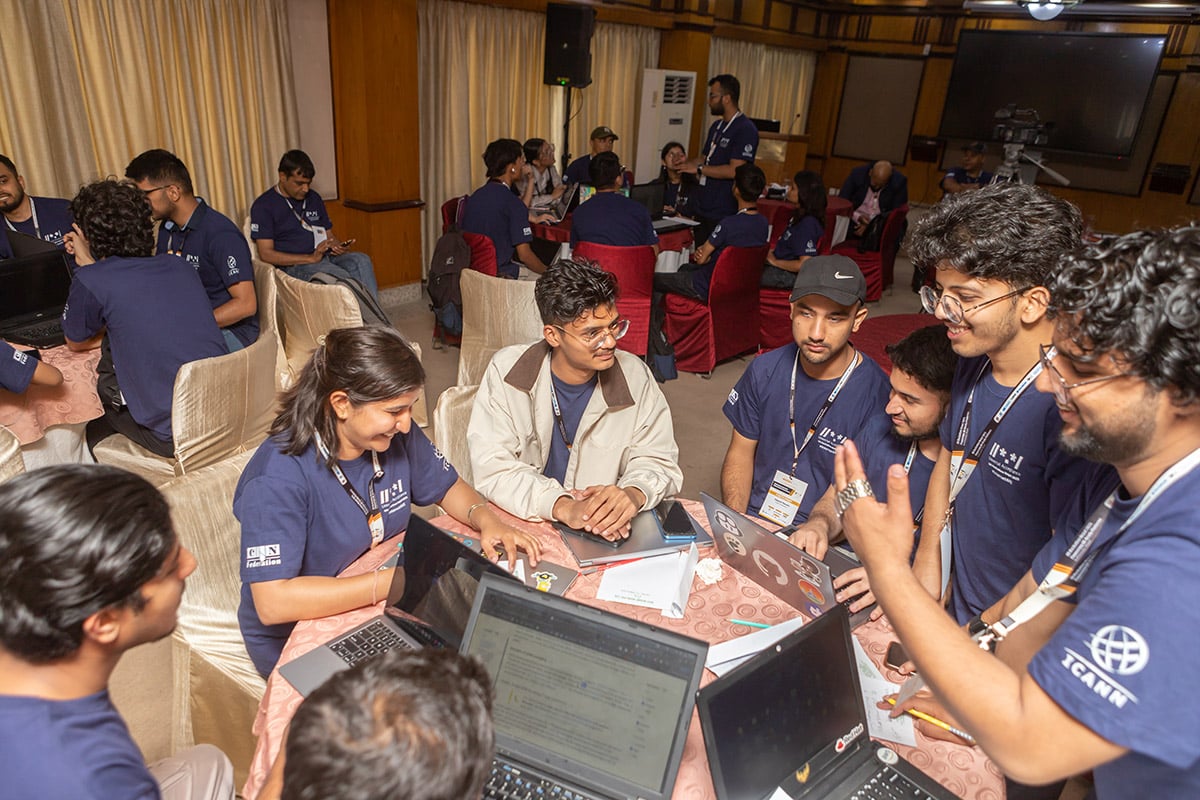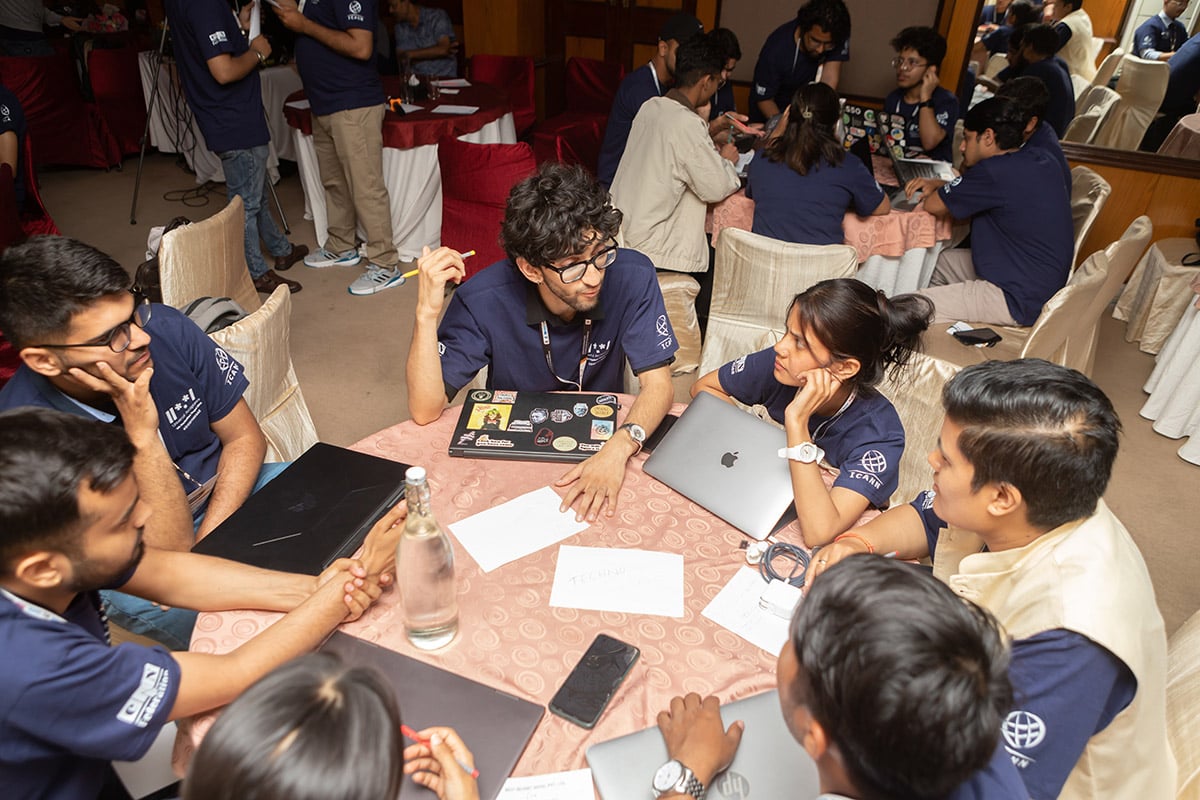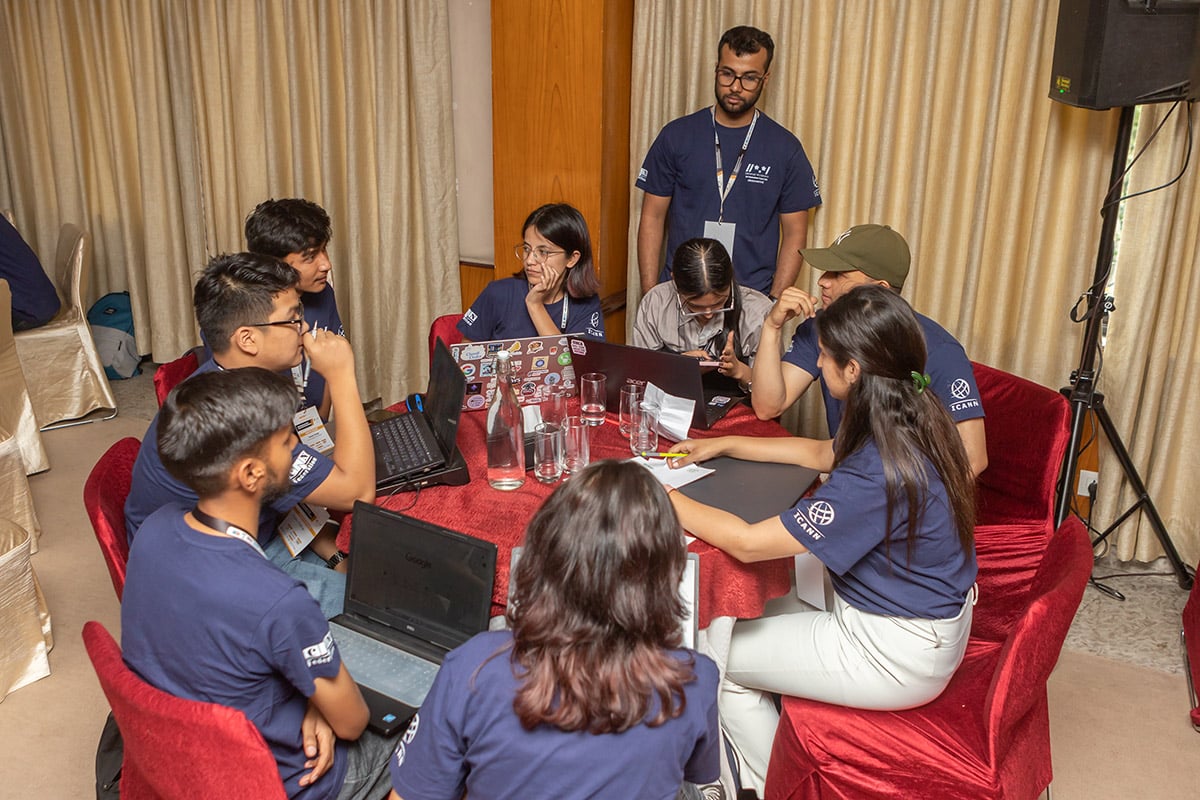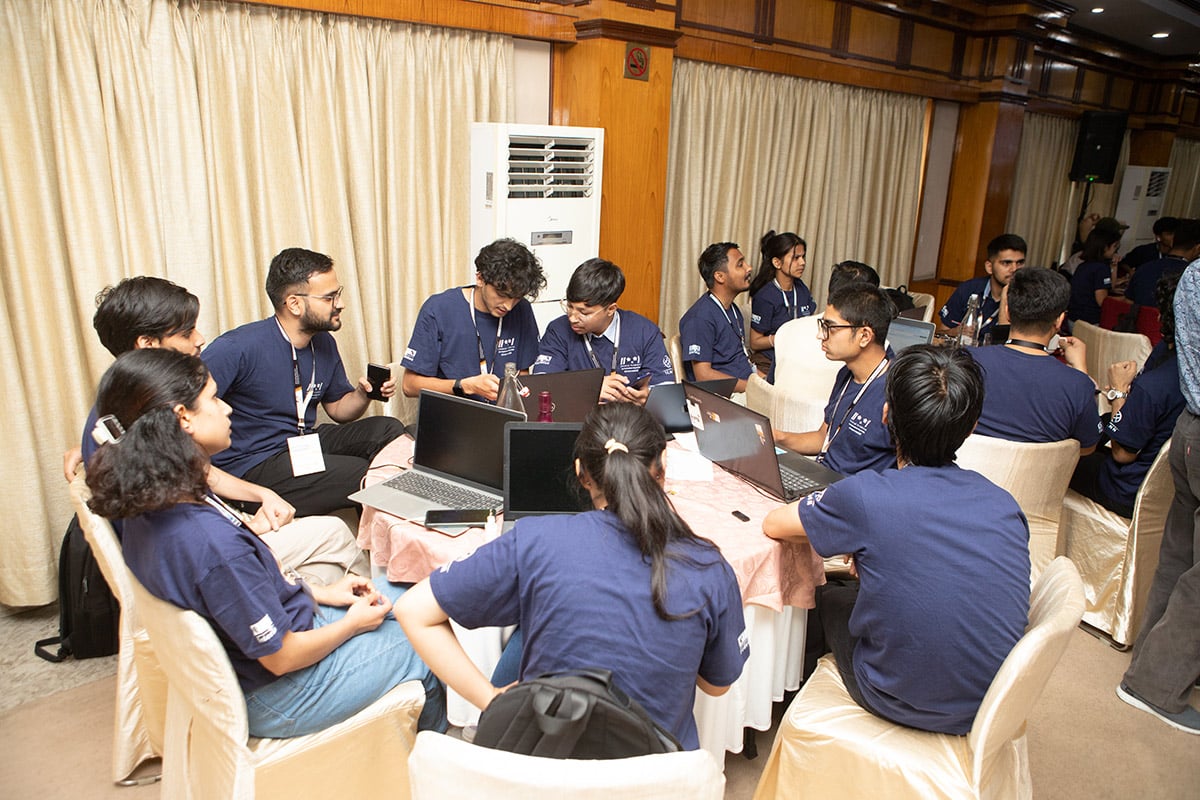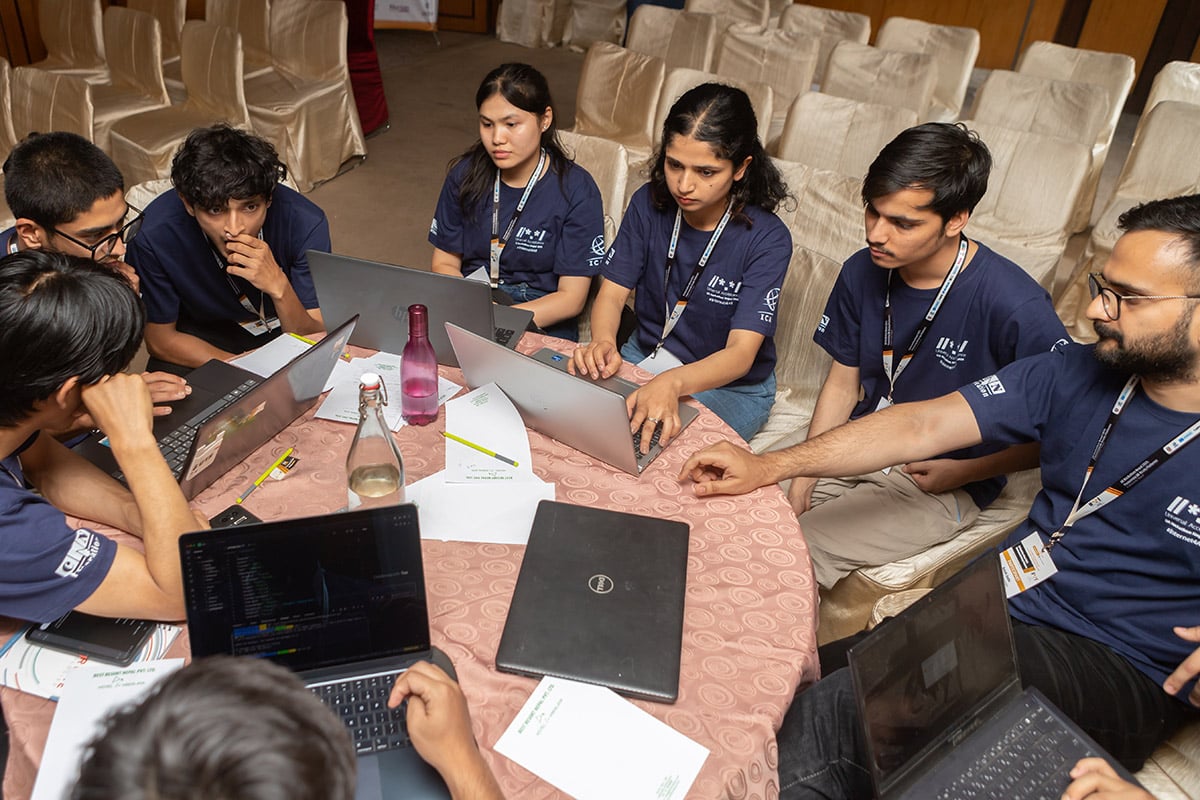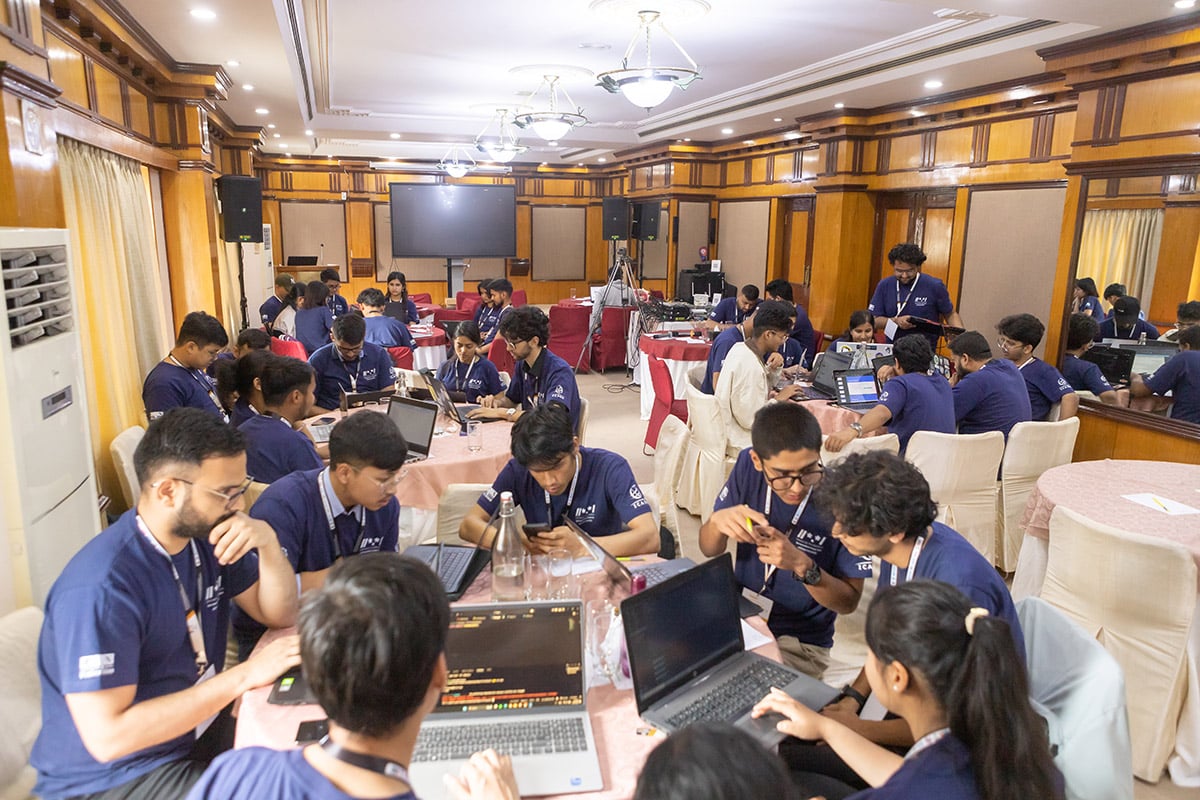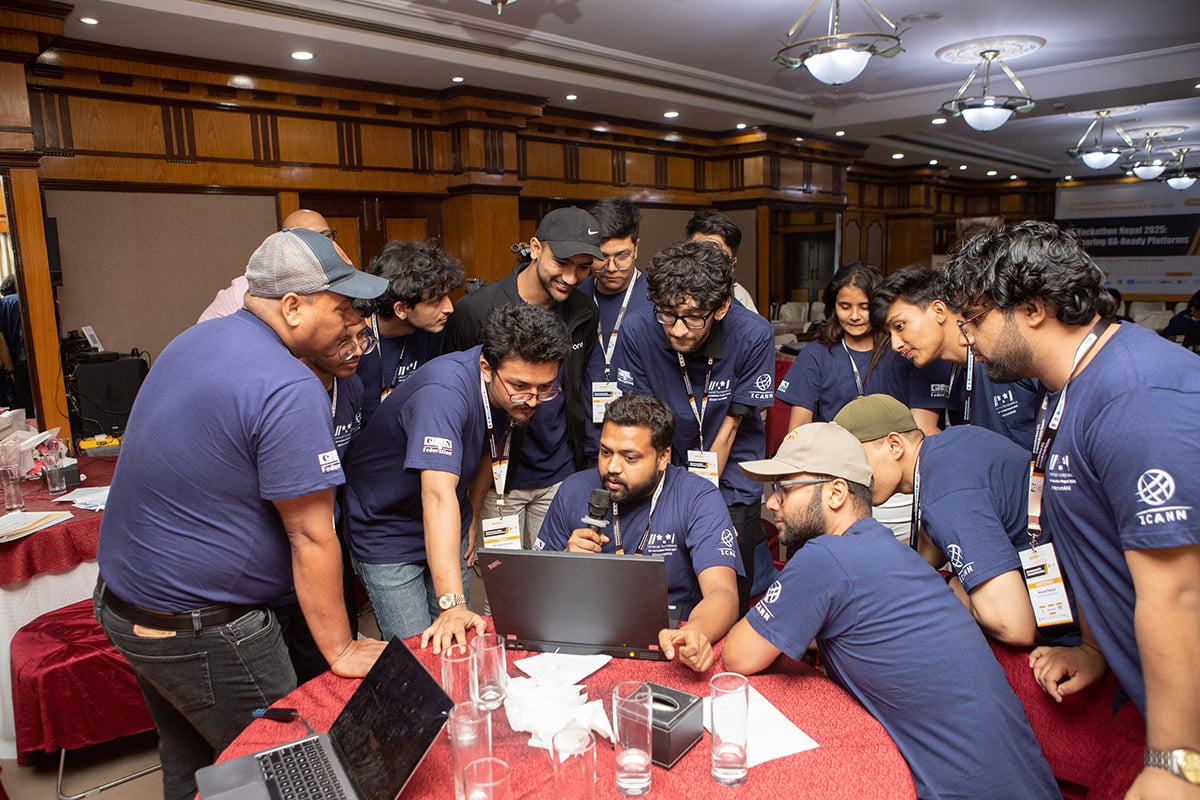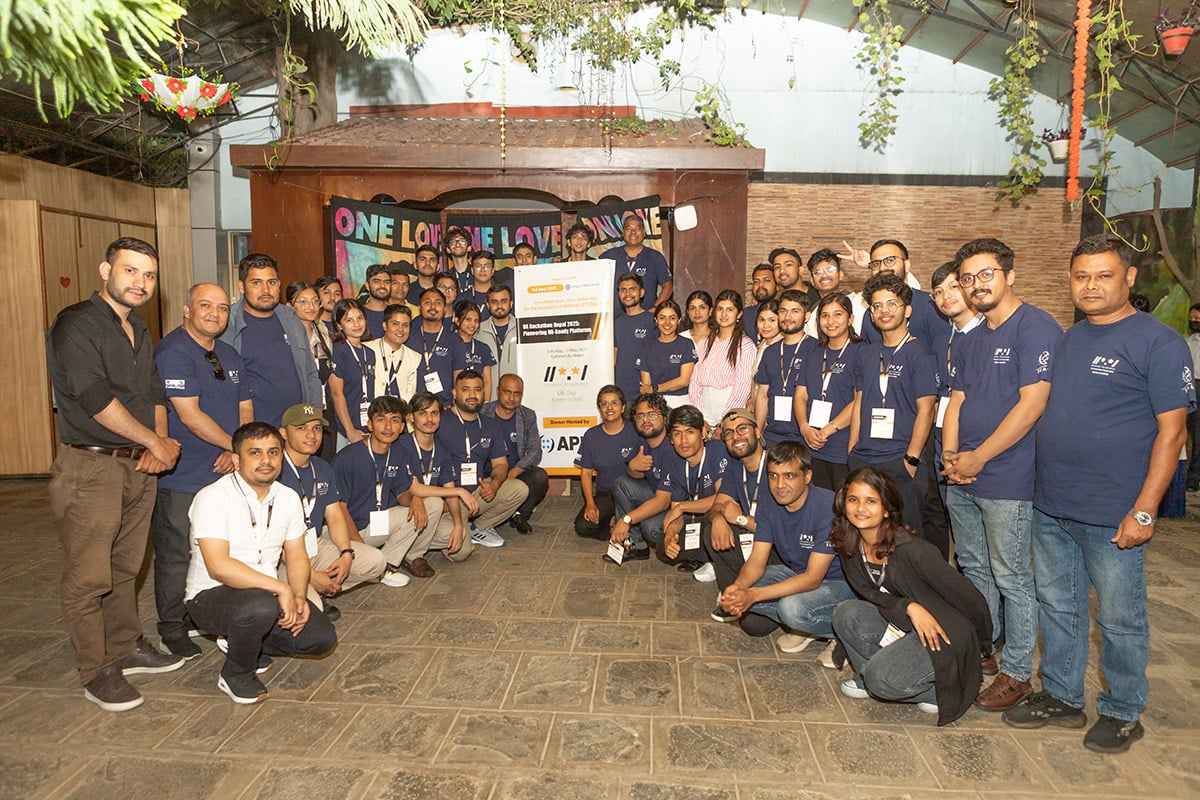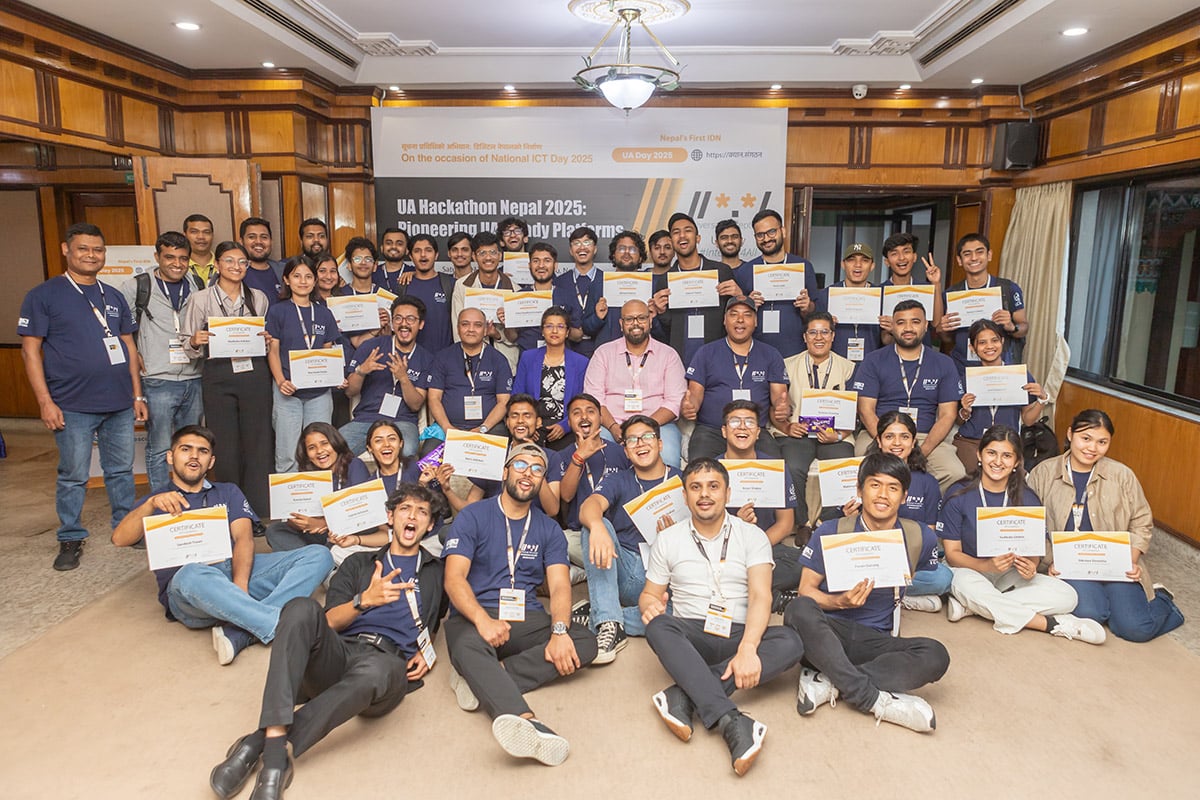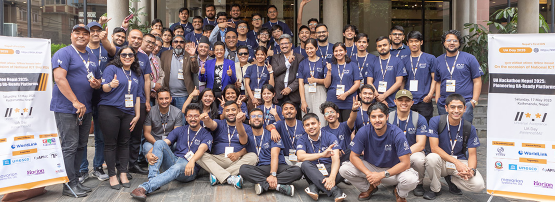
Since 2015, the Universal Acceptance Steering Group (UASG) has championed the principle of an inclusive Internet — one where “all valid domain names and email addresses, regardless of script, language, or character length, can be equally used by all Internet-enabled applications, devices, and systems.” Each year on 28 March, Universal Acceptance (UA) Day is celebrated globally to advance this goal.
In 2025, Nepal marked UA Day with the event: UA Hackathon Nepal 2025. Organized by CAN Federation Nepal in collaboration with ICANN, and supported by APNIC, UNESCO, Nepal Internet Exchange (NPIX), Worldlink Communications, and Youth IGF Nepal, the event highlighted a major achievement — the launch of Nepal’s first native-language domain website: क्यान.संगठन. This historic step reflects the economy’s growing commitment to digital inclusion and linguistic diversity.
The program held two sessions. The first featured inauguration, introductions, and a panel discussion with more than 100 in-person attendees, 50 Zoom participants, and 150 livestream viewers, including APNIC elected leaders from Nepal. Speakers included:
- Mrs Radhika Aryal (Secretary, MoCIT), who emphasised digital identity and language preservation
- Mr Ramesh Sharma Paudel (Director General, DoIT), who advocated for local-language email systems
- Mr Jaco du Toit (Representative to Nepal, UNESCO), who aligned UA with UNESCO’s multilingualism goals
- Mrs Sunaina Ghimire Pandey (President, CAN Federation), who recognized the historic significance of the launch
- Mr Rupesh Shrestha (CEO, NPIX), who urged a Nepali-language registry model for .np
A keynote by ICANN’s Mr Samiran Gupta remotely and a case study by Mr Bibek Silwal added global context, while a technical presentation on making platforms UA-ready by Mr Aman Masjide shared the tools and best practices involved.
UA Hackathon Nepal 2025
The hands-on hackathon brought together 40 youth participants to build and test Nepali-language domain and email systems. The objective was to provide practical training on UA readiness and to improve technical skills among emerging developers and digital leaders.
Participants explored:
- Setting up and configuring domain names in Nepali script
- Creating and validating email addresses using Internationalized Domain Names (IDNs)
- Understanding software, email clients, and platform compatibility for UA-readiness
- Testing real-world deployment scenarios and identifying UA compliance challenges
The hackathon offered both learning and innovation opportunities and demonstrated how UA can be implemented at the grassroots level by local talent.
Mr Udeep Baral, event coordinator and Manager at CAN Federation, expressed satisfaction with the successful execution of the hackathon and the level of youth engagement. He emphasized that the event had achieved its core objectives and credited the strong international collaboration with ICANN, APNIC, and UNESCO for its success. Mr Baral reaffirmed CAN Federation’s commitment to expanding UA-readiness and enhancing access to local language content and infrastructure across Nepal.
Mr Bibek Silwal, who led the hackathon team, underlined the importance of localizing not just website content but also domain names, email addresses, and metadata. He explained that UA-readiness must go beyond language visibility to ensure technical functionality across platforms and applications. He further encouraged broader multistakeholder applications for the .नेपाल domain and described the hackathon as a foundational learning opportunity for young developers and engineers in Nepal’s evolving digital landscape.
Conclusion
UA Day Nepal 2025 was a significant moment in Nepal’s Internet development journey. Through strategic collaboration, policy alignment, and grassroots engagement, the event started a broader conversation around digital inclusion and linguistic representation online. The launch of Nepal’s first native-language domain stands as both a technical achievement and a cultural milestone. As Nepal continues to modernize its digital infrastructure, UA will be a vital pillar in ensuring that every user, regardless of language or script, has equal access to the Internet.
Gallery — View photos from UA Day Nepal 2025, courtesy of CAN Federation Nepal.
Bikram is the Head of Digital Banking of the Sanima Bank Ltd, the President of Nepal Internet Foundation in Nepal, and the APNIC Cooperation SIG Co-Chair.
The views expressed by the authors of this blog are their own and do not necessarily reflect the views of APNIC. Please note a Code of Conduct applies to this blog.

